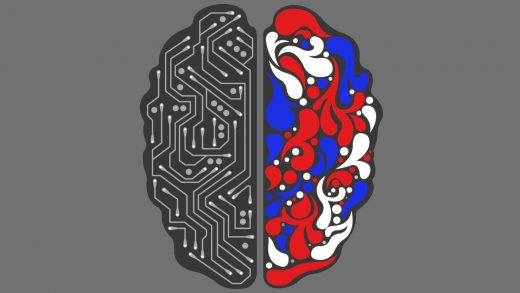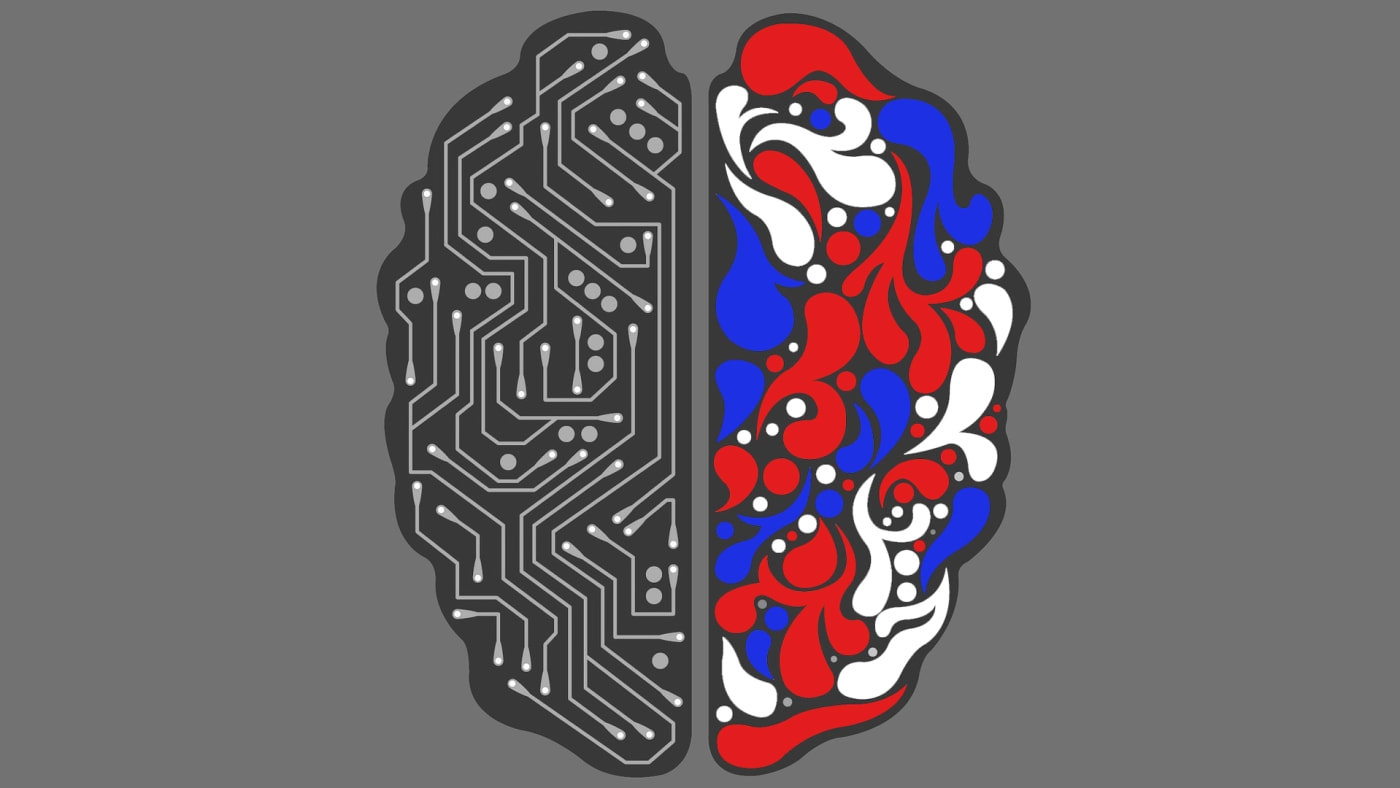AI startup working on top-secret Project Maven was allegedly hacked by Russian source
New York artificial intelligence startup Clarifai saw a server compromised while it was conducting secretive work on the Defense Department’s Project Maven, involving automated processing of images by drones.
Former Clarifai marketing executive Amy Liu has filed a complaint with the Defense Department’s Office of Inspector General alleging she was forced out for urging the company to report to the Pentagon that the server was compromised, allegedly by someone from Russia, Wired reports. The company disputes Liu’s reported allegations.
A Clarifai spokesperson, in an email to Fast Company, said the Wired story contained inaccuracies and that the server was targeted by a bot that didn’t access any code or data.
“Last fall, an untargeted bot was identified on an isolated research server which is not the infrastructure on which Clarifai customers run,” the spokesperson wrote. “We quickly contained the situation and determined the bot did not access any data, algorithms or code. We voluntarily notified customers following a full assessment, including an external audit and report by a security firm.”
Project Maven has garnered attention lately after some Google engineers reportedly left the company over its involvement in the project, and thousands more employees signed a petition urging the search giant to cease work on such defense projects. Since then, Google has said it will end its participation when a current contract ends. It also clarified its policies to say that, among other things, it won’t build AI weapons or work on AI projects involving “surveillance violating internationally accepted norms.”
In a blog post Wednesday, Clarifai founder and CEO Matthew Zeiler stood by the company’s decision to participate in the project.
“Clarifai’s mission is to accelerate the progress of humanity with continually improving AI,” he wrote.” After careful consideration, we determined that the goal for our contribution to Project Maven—to save the lives of soldiers and civilians alike—is unequivocally aligned with our mission.”
Two employees who didn’t want to work on Maven were assigned to other work within Clarifai, he wrote.
“An important part of our culture is having employees who are actively engaged in the work that we do,” he wrote. “We make sure they understand the projects they are asked to work on and regularly accommodate employee requests to switch or work on particular projects of interest.”
Zeiler wrote that the research server affected by the bot “is separate from the infrastructure on which Clarifai customers run” and that government customers “do not utilize Clarifai’s infrastructure.” The company still notified customers including the Pentagon about the issue, he wrote.
Other companies, including big names in the AI world like chipmaker Nvidia, have also generally declined to speak about what role, if any, they’re playing in the secretive project.
(55)



